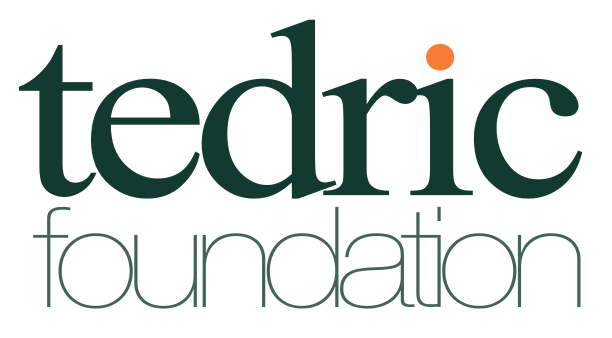
How Reliable Are Intelligence Tests for Children?
Child intelligence tests can be quite reliable when administered correctly, but results can vary depending on the type of test, the child's mood, and environmental factors. Standardized, expert-administered tests, such as the WISC-R and WISC-IV, are considered highly valid and reliable. Test reliability depends on factors such as the administrator's experience, the cultural relevance of the test, and the child's current condition.
Factors Affecting Reliability
Administrator: The test must be administered by an expert, following standardized procedures.
Child's Condition: Factors such as the child's current mood, fatigue, or illness can affect the results.
Test Validity: It is important that the test truly measure what it is intended to measure. For example, a test developed to measure intelligence will be more reliable than one that only measures knowledge.
Change Over Time: Intelligence tests can change over time based on the child's cognitive development. Therefore, a single test result is not always definitive.
Highly Reliable Tests
WISC-R: One of the most widely used and highly reliable tests in our country.
WISC-IV: This is an up-to-date, comprehensive test developed for children aged 6-16.
Important Notes
Intelligence tests reflect a child's overall intelligence, but a single test result does not provide a definitive assessment.
To avoid undermining a child's self-confidence, test results should be interpreted accurately by parents and professionals monitoring the child's development.
Intelligence testing is generally used when a developmental or learning disability is suspected or as a tool to identify special abilities.
